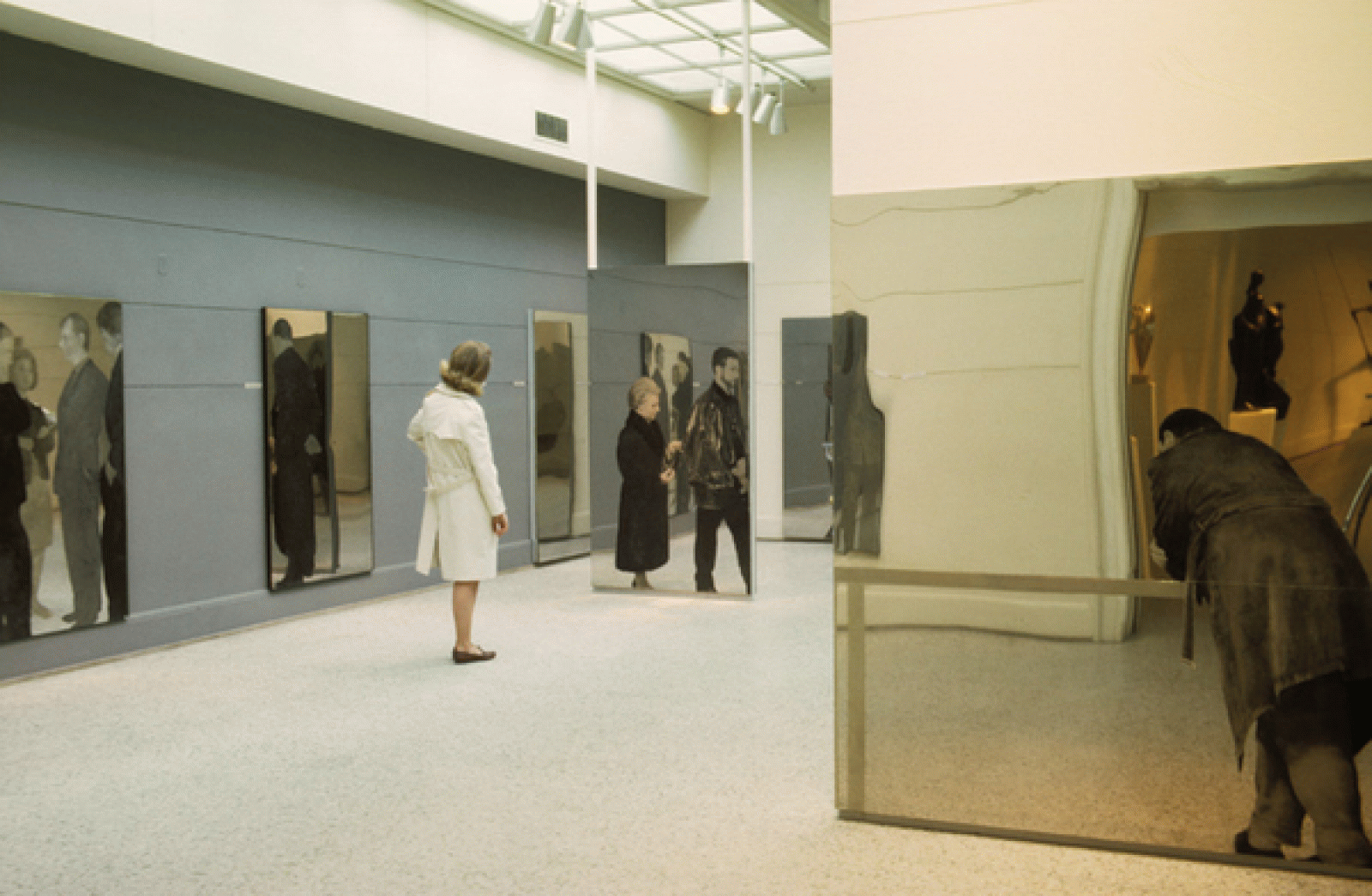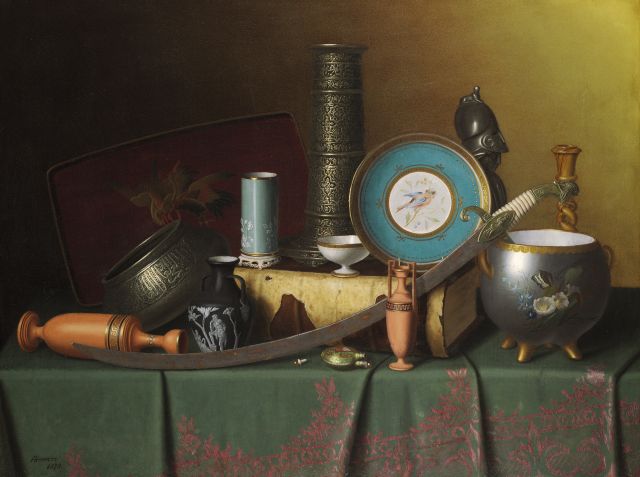Workshop
The Museum as Mirror. Reflections on Encounters between People and Objects
organized by the Max-Planck-Research Group "Objects in the Contact Zone – The cross-cultural Lives of Things"

"The museum is the colossal mirror in which man, finally contemplating himself in all forms, and finding himself literally an object of wonder, abandons himself to the ecstasy expressed in art magazines." Whilst for Georges Bataille (Documents, 1929) the mirror was a metaphor of the museum as a whole, the museum selfie can be understood as a symbol of the visitors' desire to document their own individual and embodied experience of an exhibit. Yet this experience—although seemingly unique and personal—is mediated by the conceptual frames the museum itself embodies, which include: aesthetic delectation, academic inquiry and identity formation. In fact, the museum functions at a critical juncture in the mutually constitutive relationship between the visitor's body, the material space of physical objects (displays, architecture) and the construction of social and cultural concepts (such as national identity, race, and gender).
A long intellectual tradition has maintained a subject/object divide in Western thinking, which has meant that this juncture remains something of a blind spot. More recently, a turn towards material studies has attempted to blur the conceptual boundaries between people and objects through new perspectives on the social lives of things, thing theory, and affect theory. However, this so-called post-humanist trend tends to focus on the object more so than on its effect on the subject. Just as art historians study the origins and history of objects before they enter the museum, so too must we take seriously the specificity of visitors to museums and their histories and experiences of race, sex, gender, culture, religion, class, queer, trans and other identities. This workshop aims to put these many modalities of analysis of the subject/object relationship into a more balanced dialogue with a rigorous focus on the intersectional experience of bodies (people and objects) across multiple vectors of identity. We seek to analyze how material, cultural, social and political construction functions on both sides of this subject/object relationship as both come inscribed with histories and identities and can also change or mutually reinforce one another within the space of the museum.
Encounters between humans and objects in museums are mediated and animated by a number of different factors, which may be culturally shared and transmitted but at the same time are not stable, fixed, or automatic. These factors include: time, space and culture. The temporality of the encounter may be inflected by the time difference between the origin of the object and the person, time-period, or how time is constructed—for both people and objects—according to paradigms like modernism, classicism or primitivism. The space of the encounter includes the museum's location, architecture, mode of display, or purpose (for example, nation building, identity formation, memorial, aesthetic or religious experience). Finally, we are interested in how the histories, belief systems and cultural codes that are manifested by both people and objects inscribe, or in some cases forbid, their encounter.
Organization
Eva-Maria Troelenberg, head of the Max-Planck Research Group "Objects in the Contact Zone – The Cross-Cultural Lives of Things", Kunsthistorisches Institut in Florenz – Max-Planck-Institut
Alison Boyd, postdoctoral research fellow, Kunsthistorisches Institut in Florenz - Max-Planck-Institut
Felicity Bodenstein, postdoctoral research fellow, Technische Universität, Berlin
Scarica
23 – 24 novembre 2017
Kunsthistorisches Institut in Florenz
Max-Planck-Institut
Palazzo Grifoni Budini Gattai
Via dei Servi 51
50122 Firenze
Avviso
Questo evento viene documentato fotograficamente e/o attraverso riprese video. Qualora non dovesse essere d’accordo con l’utilizzo di immagini in cui potrebbe essere riconoscibile, da parte del Kunsthistorisches Institut in Florenz a scopo di documentazione degli eventi e di pubbliche relazioni (p.e. social media) la preghiamo gentilmente di comunicarcelo.



